International research shows that confidence in companies has grown lately. Do you think people should trust companies that much?
As work continues on the 17 Sustainable Development Goals, the confidence that productive support to companies will make the process shorter and more reliable has raised people's expectations of companies. The need to change the way they do business in line with these expectations has also pushed companies towards transformation, and companies have begun to play a leading role. As the number of examples increased, the areas affected expanded, and many positive changes came to light. Unlike relationships established with governments, "customer" relationships with companies allowed people to start taking action to meet expectations. Changes in perceptions and behaviors have born fruit. Thus, we can say that there are those, who are aware of the responsibility imposed on companies, and their expectations initiate positive transformation.
How can one personally participate in the changes? If we accept Gen Z as the leaders of the future, we will see that most of them want to work for companies that are committed to making the world a better place. Since companies are created by individuals, what are the roles of individuals here?
I see Gen Z as CEOs, rectors, and leaders of the future. When I think back to my university years, I realize that we did not touch on such issues as sustainability, consumer awareness, and equal distribution of labor in our daily conversations. Modern youth speaks on delicate and conscientious topics, such as “Where was the T-shirt I bought made, was it made without labor exploitation?” For example, I feel delighted when young people, concerned about what they are consuming or looking for a vegan menu, make demands such as “Why are animal rights not added to a human rights lesson?” Naturally, these young people prefer looking for work for companies that care about the planet and are aware of their impact. The expectations and questions that young people ask in the recruitment process are transforming companies. Young people must have such requirements because these requirements are not ignored. Thanks to the new generation, traditional companies are also changing and developing in this direction. The same changes can be observed in non-governmental organizations and other areas. For example, as the number of vegan students voicing their needs grows, so does the number of vegan menus in cafeterias. Again, questions from students such as “Do we have buildings accessible for everyone?” or “Is our website available to everyone?” enable more inclusive ways to use corporate content. Due to requests and requirements, both institutions and our entire world are transforming.
And this is not only the case for a student and an employee; the same applies to a consumer. We are dealing with a generation that agrees to pay 30 percent more if the product they are looking for was produced on fair terms. They prefer to shop from non-labor-exploiting brands that do not use child labor, do not add chemicals to cotton, and do not violate anyone's rights, even if these products are more expensive.
“ACCORDING TO RESEARCHES, THE FASTEST CHANNEL FOR DISTRIBUTING INCORRECT INFORMATION ARE THE WHATSAPP FAMILY GROUPS.”
This question is more appealing to your academic identity. Nowadays, when it is so easy to get false information and negative news, and when information pollution is so widespread, where should people turn for correct information about the world and undistorted meaning?
In the mainstream media - newsletters, newspapers, TV series, and so on - the world is portrayed as a place worse than it is. Seeing too many weapons and too many police in the visual media make us feel unsafe. The audience, constantly faced with crime and negative news, hesitates to meet new people. When we interpret the countries at the bottom in the study of the trust index, we see that the first meetings are based on distrust, and the feeling of trust only develops over time. In countries that are at the top lines of this rating, first acquaintances begin with confidence, and uncertainty can arise during communication. The reason for this is the violence we are exposed to in a projected, predominantly insecure model of the world...
Social media has made news readily available. This paved the way for information pollution. Most articles are not only negative but also distorted or false. Interestingly, according to the study, the media where disinformation spreads the fastest is the Whatsapp family groups.
At this stage, there are sources with the help of which it is possible to check and confirm the reliability of headlines. Thus, it is possible to prevent the spread of false information and adverse effects on people.
The world is better than it was 20 years ago. If we look at the events that took place after World War II, we will notice positive shifts. Why do we not know this? Because "good news is not news." You can follow non-governmental organizations and social entrepreneurs to learn about positive developments and research. For example, the pozy.org website, which shares Turkish content, starts the day with a joyful story. Finding positive information requires an effort, as the chances of encountering it are extremely low... That is why it is so important to share positive news that comes your way. May good examples multiply, and hope not to be lost!
About Itır Erhart:
Itır Erhart graduated from Boğaziçi University, where he studied English, Literature, and Philosophy. Received a Master's Degree in Philosophy from the University of Cambridge and a Doctorate from the Boğaziçi University. Teaches and conducts research at Istanbul Bilgi University on gender issues, media, human rights, sports, and civil society. Has been a member of the teaching staff of The School of Life Istanbul since 2014.
Moreover, Itır is one of the founders of two social enterprises - Adım Adım (Step by Step) and Açık Açık (Open Open), Member of the Board of Directors of Ashoka Fellows, Ashoka Turkey and Inogen, Member of the Advisory Board of the Theater Cooperative and Member of the TEGV Board of Trustees. Also, a marathon and ultramarathon runner.
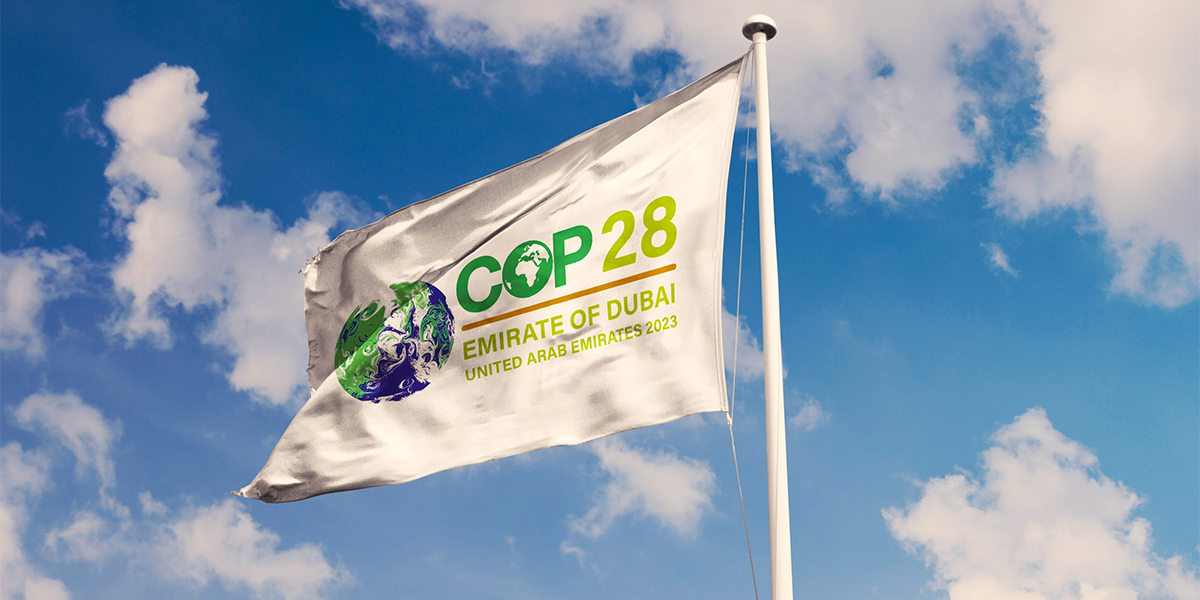
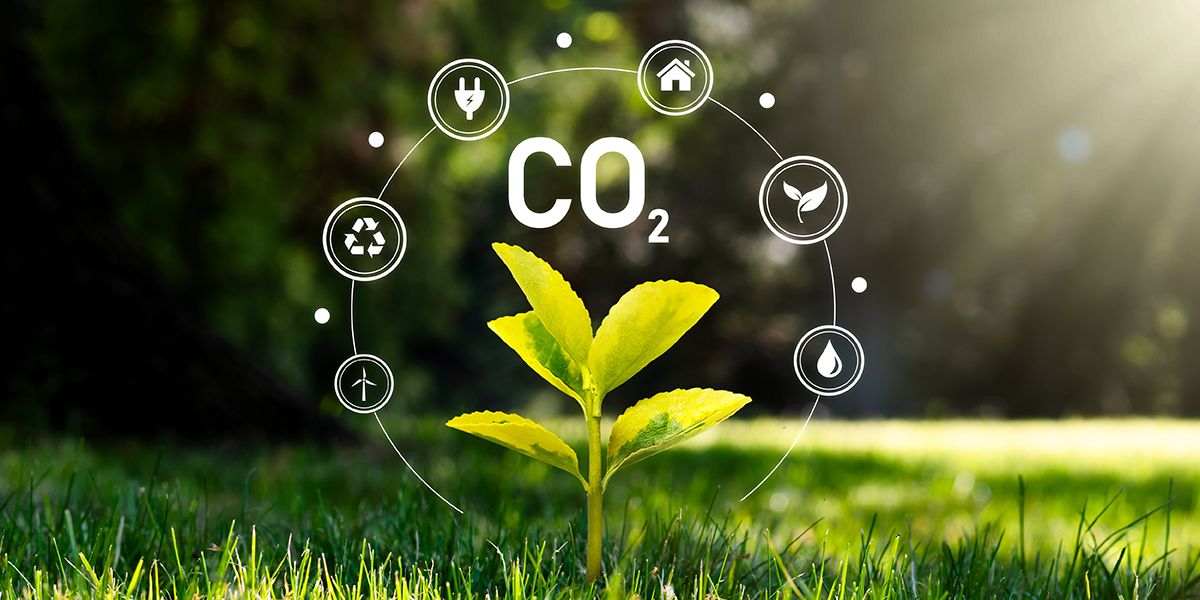
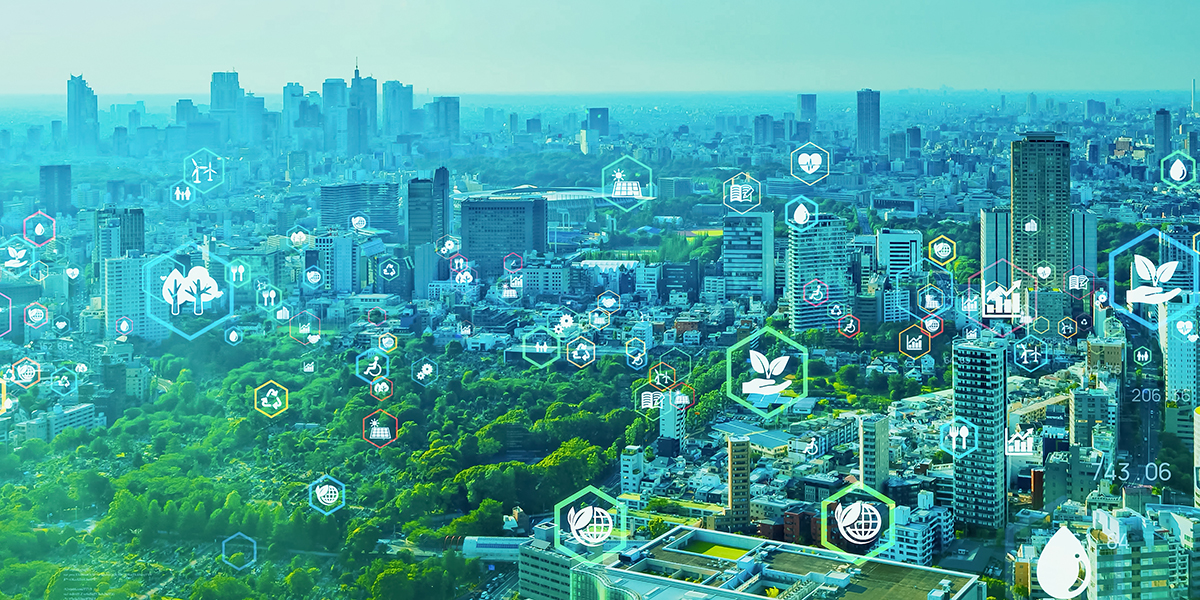

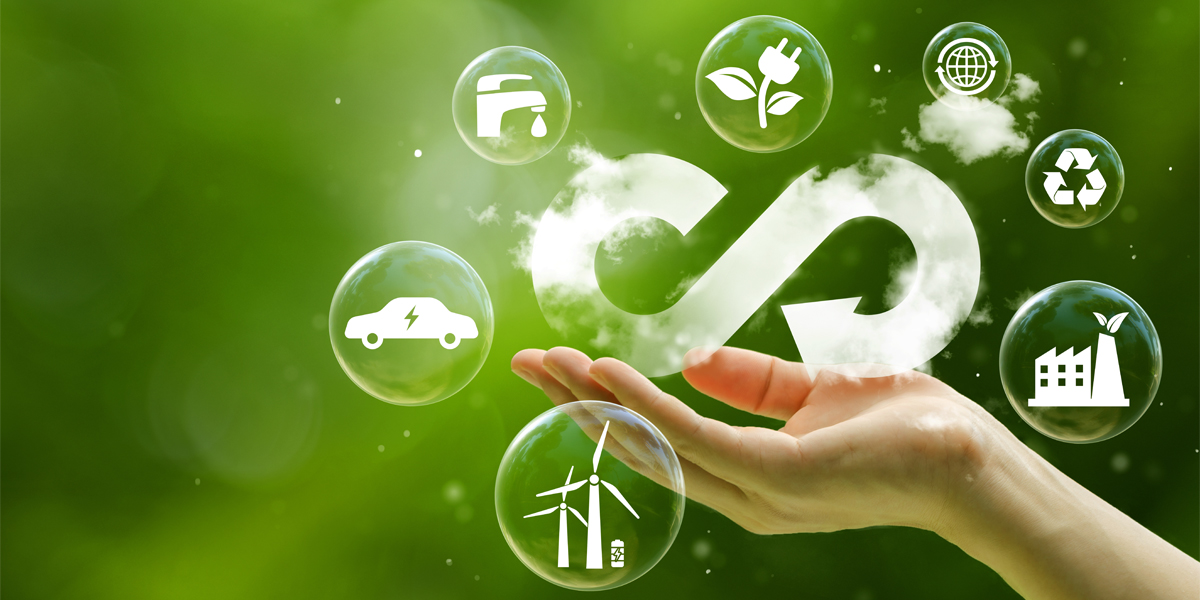

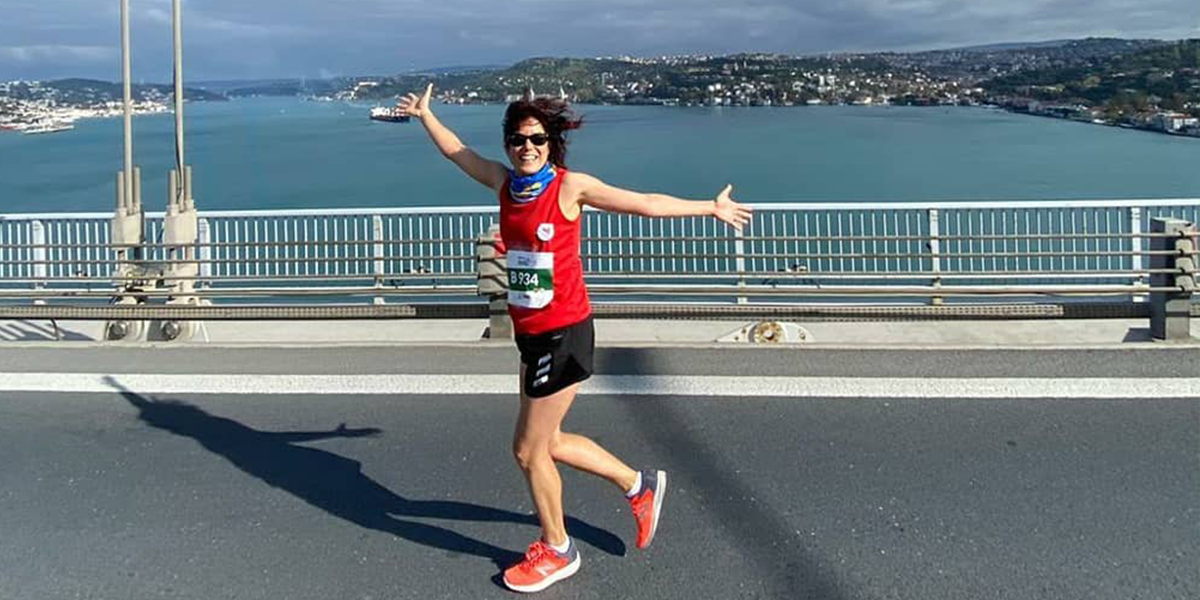
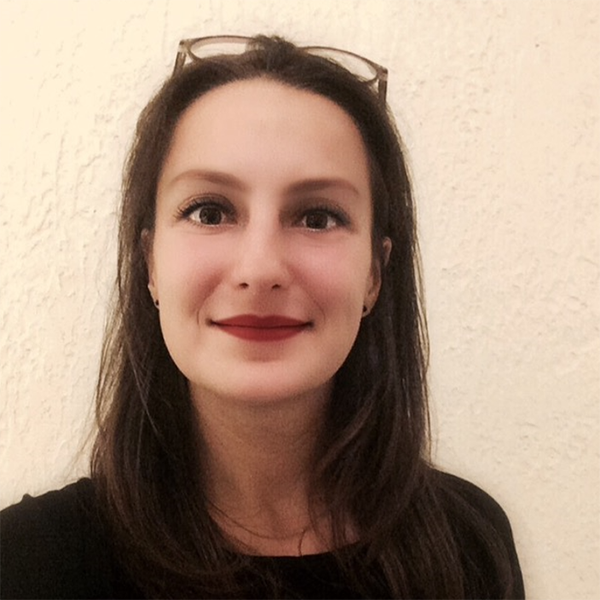
Ceren prefers to learn about history and cultures by visiting the places rather than reading about and can't get enough of discovering new ones. She also likes to spend her time in nature and especially in places where green meets blue. She believes that breakfast is related to happiness, but she is used to being the strange one because she doesn’t like desserts at all.
There is always a song playing in every moment of her life. She is extremely happy to be a part of social responsibility projects. Ceren is interested in many different fields of sports and arts. As a literature graduate booklover, her library is overcrowded and her event tickets are stored in so many boxes, but her indispensable in art is, theater. And for sports, she is a fan of yellow-red colors which was born in 1905.